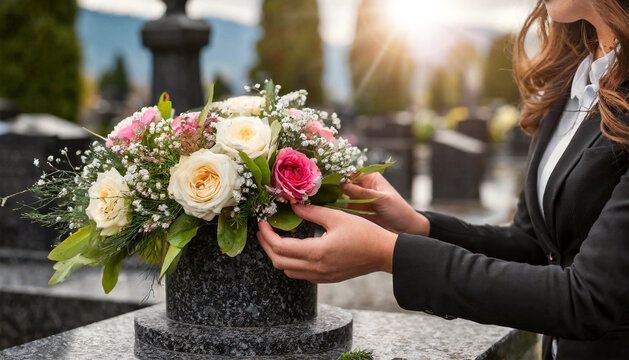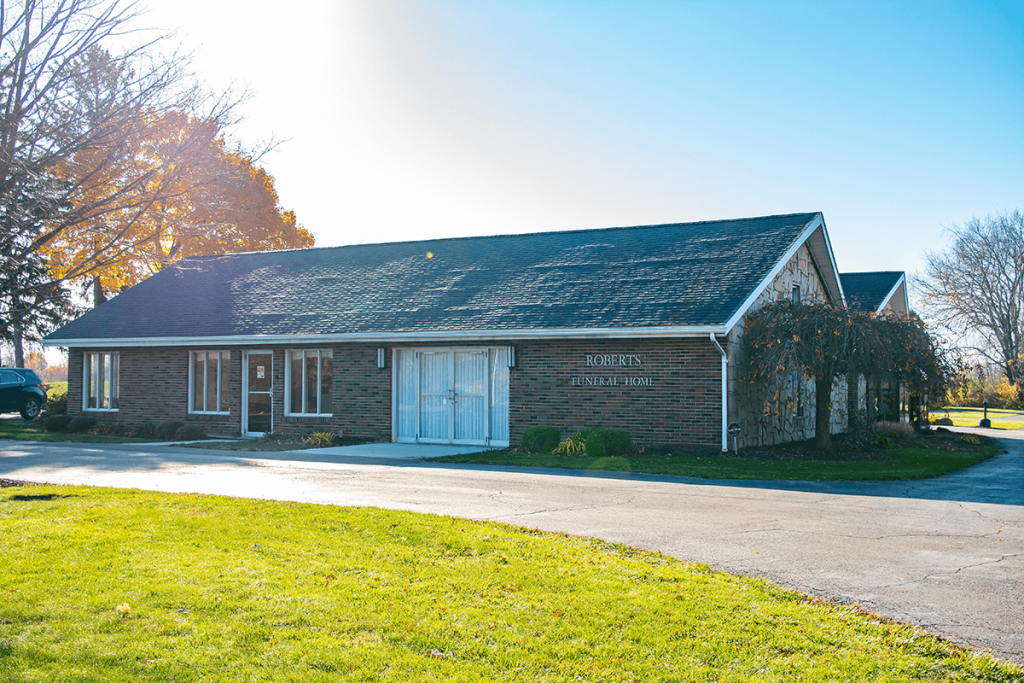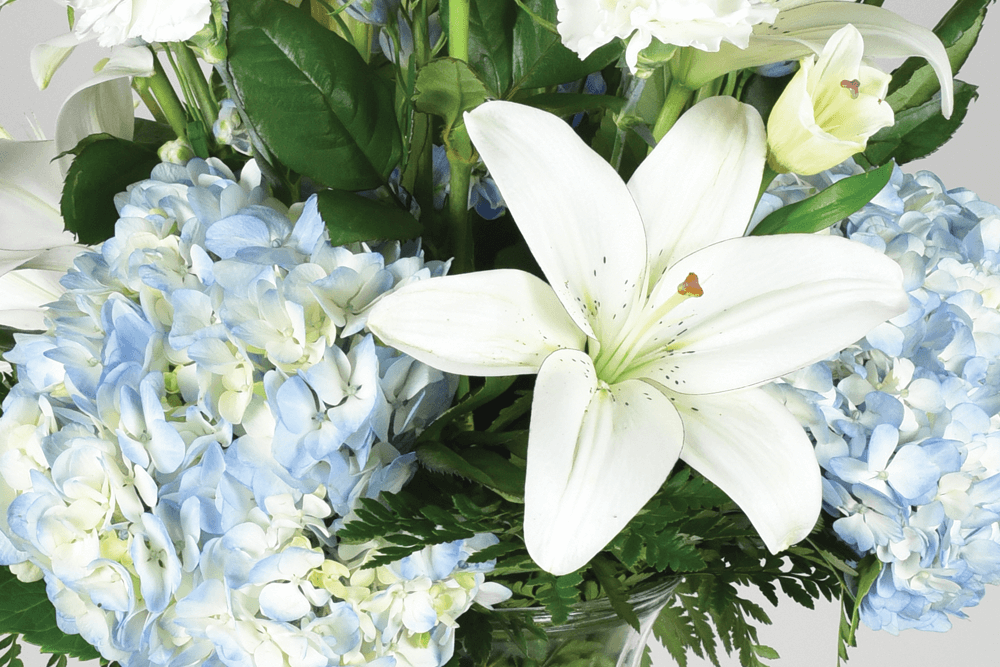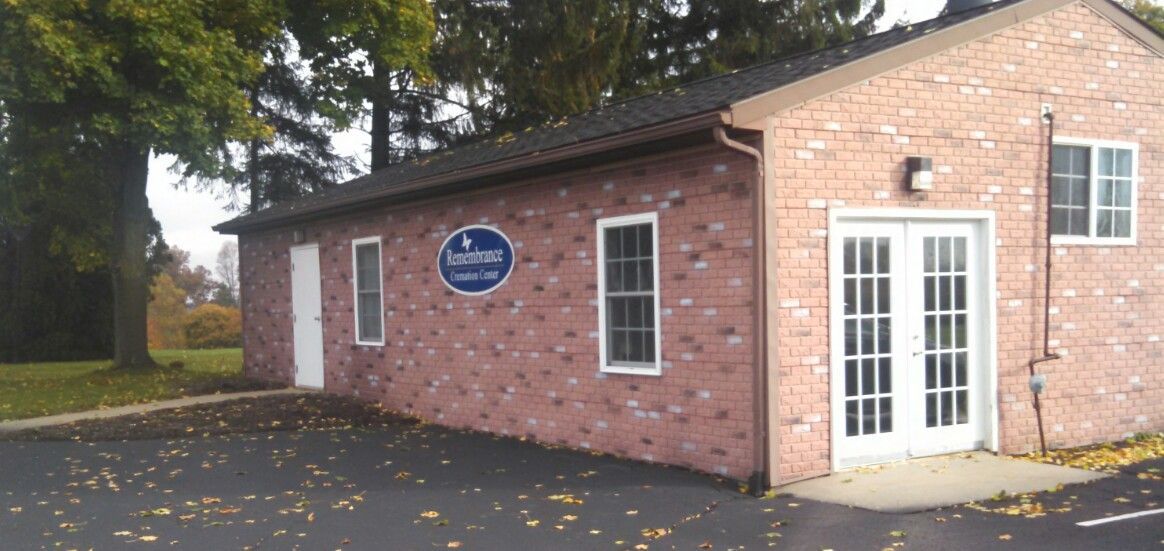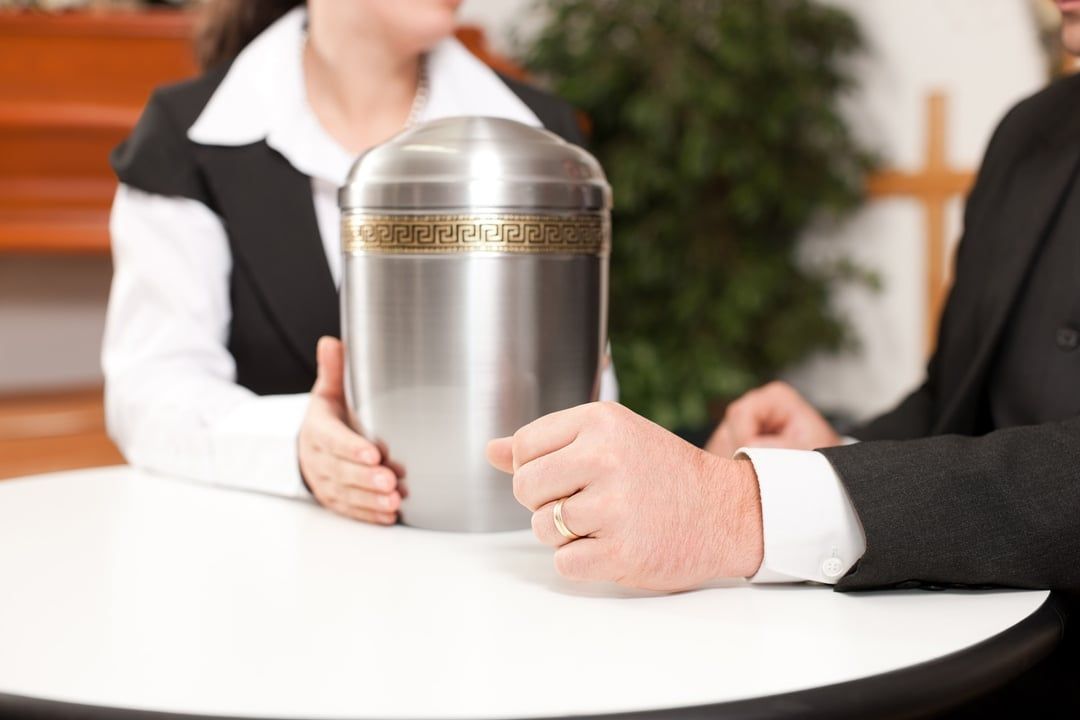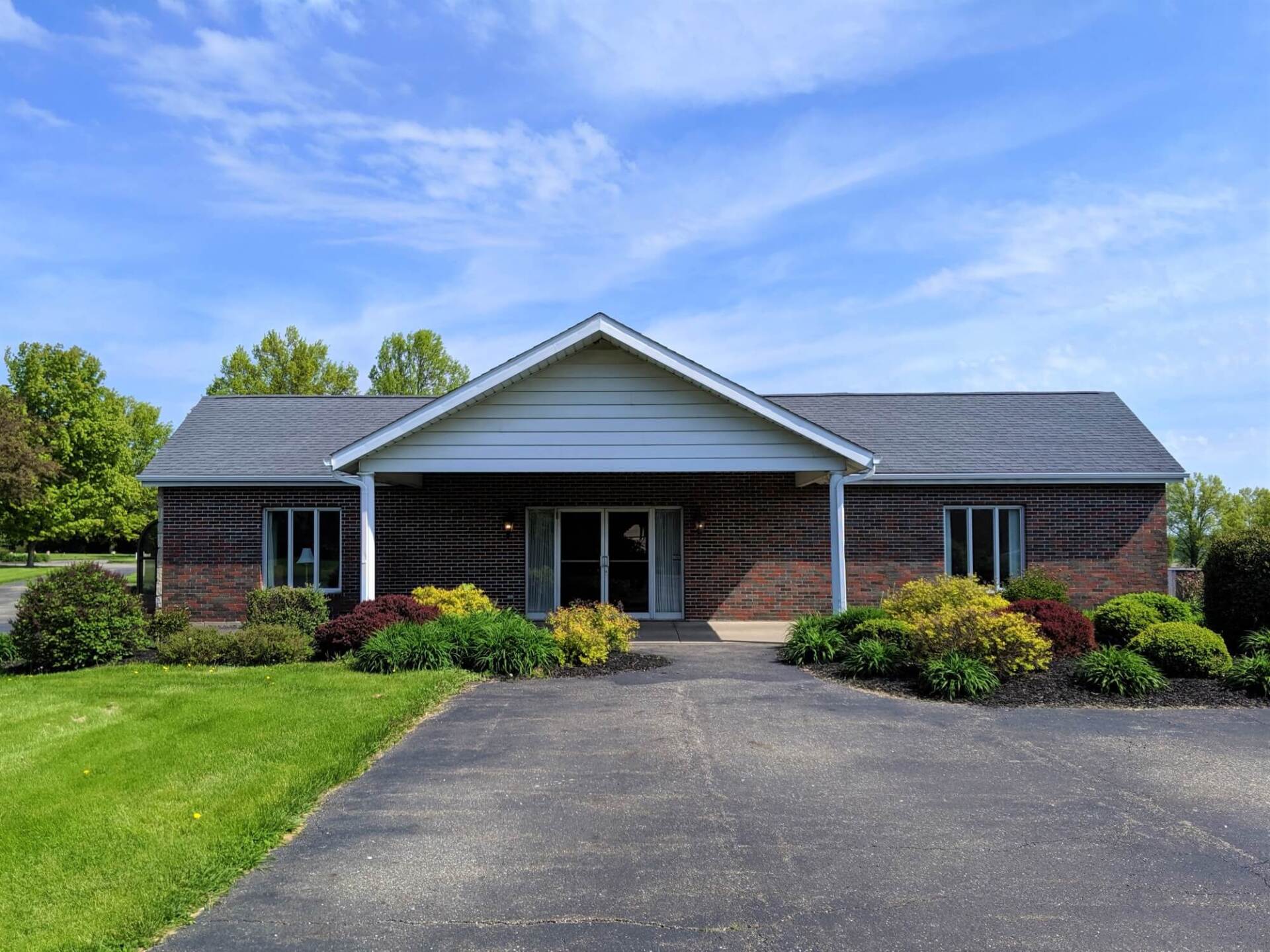Returning to “Normal” After a Funeral
Returning to “Normal” After a Funeral: What Grief Really Looks Like
After the funeral ends and loved ones return home, a new reality begins. The casseroles stop coming, the phone calls quiet down, and many families find themselves wondering, “When will life feel normal again?” The truth is, returning to “normal” after a funeral is a deeply personal journey—and it often doesn’t look the way people expect. While there is no set timeline for grief, understanding what to expect can offer comfort and guidance during this difficult time.
Is There Such a Thing as “Normal” After Loss?
Grief changes us. After the loss of someone important, life may never return to the way it was before—and that’s okay. Instead of aiming to go back, many find it more helpful to focus on creating a “new normal”—a life that honors their loved one while slowly finding joy and purpose again.
Common Feelings After the Funeral
In the days and weeks after a service, many people experience a mix of emotions, including:
- Numbness or disbelief
- Sadness or emptiness
- Guilt or regret
- Relief (especially after a long illness)
- Anxiety about the future
These feelings are a normal part of the grieving process. They may come in waves and can be triggered by memories, milestones, or everyday routines.
Tips for Easing Back Into Daily Life
1. Give Yourself Permission to Grieve
There is no rush to “get over it.” Grief takes its own course, and trying to speed it up often leads to more stress. Allow yourself to feel what you need to feel—without judgment.
2. Maintain Simple Routines
Going back to familiar routines, like morning walks or regular meals, can bring a sense of structure when everything else feels uncertain. Start small and build from there.
3. Talk About Your Loved One
Sharing stories, looking at photos, or visiting a memorial site can help keep their memory alive. It’s okay to talk about them—it doesn’t mean you’re stuck in the past.
4. Seek Support When You Need It
Whether it’s through a grief support group, a counselor, or simply close friends, connecting with others who understand can be a powerful part of healing.
5. Consider Memorial Traditions
Lighting a candle, planting a tree, or creating a scrapbook are gentle ways to honor your loved one while continuing forward.
Visit our page for grief resources; click
here


